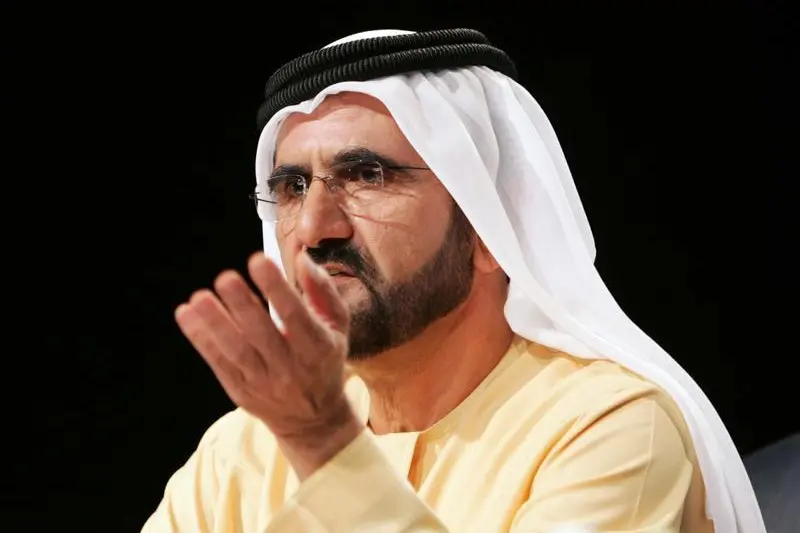PHOTO
The United Arab Emirates (UAE) will set up a new federal ministry of investment to develop the Gulf state's investment strategy both globally and domestically as it contends with growing economic competition from neighbours.
The Gulf states, largely dependent on hydrocarbons for revenue, all have plans underway to diversify their economies and sources of income.
The UAE is considered among the most advanced, having developed sectors such as financial services and tourism ahead of its neighbours, as well as implementing key social and business reforms to attract foreign investment.
Sheikh Mohammed bin Rashid al-Maktoum, UAE prime minister and ruler of Dubai - the Gulf state's tourism and commercial hub - announced the plans on Twitter after a cabinet meeting, adding that Mohammed Hassan Al Suwaidi will become the investment minister.
No further details were given.
The ministry's aims would include stimulating the investment environment in the UAE and to make the UAE's legislation and procedures more competitive to attract global investment, Sheikh Mohammed said.
The UAE will also set up a Financial Stability Council to monitor risks, and deal with financial crises to further its objectives of becoming a major global financial centre.
Earlier this year, Sheikh Mohammed launched a 10-year economic plan known as D33 which aims to double the economy's size and make Dubai one of the top four global financial centres in a decade.
Last year, Dubai attracted an estimated $12.8 billion in foreign direct investment capital, based on the 2022 Financial Times "fDi Markets" report. Foreign direct investment into Saudi Arabia was about 30 billion riyals ($8 billion), based on data from the Saudi investment ministry.
The UAE cabinet also approved an updated national energy strategy on Monday.
(Reporting by Rachna Uppal and Nayera Abdallah Editing by David Goodman and Jane Merriman)





















